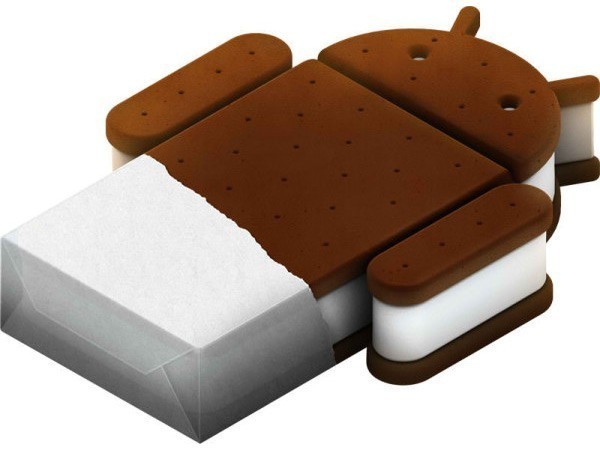Expectations were high when I sat down to watch Google’s presentation of Android 4, Ice Cream Sandwich. The rumor mill has been going wild with thoughts on what Google had decided to include in this latest update. I for one was hoping for most of the ideas to come true. And it was a very impressing presentation Google did, with Samsung and the Samsung build
Android as we know it today, Gingerbread (2.x) for mobile and Honeycomb (3.x) for tablets, is primary a consuming OS. With that I mean that it does best is to show you something. Show you movies, pictures, websites, social networks, news, book and play some music. If you want to create anything, that being anything from small tasks like writing an email or bigger things like editing a movie, Android often falls short. There are simple apps that help you do something’s, but the limitations in the touch interface, and the lack of professional apps, does make it real hard to be creative on Android.
So what is it I’m looking for? Google seems to think that there is no need for tablet centric apps for their own services, and they keep putting out HTML5 frontends for us to use. With that in mind the least Google could have done was to give the user access to a full browser. When future Smartphones will have screen resolutions like a notebook and tablets more and more will be used docked to some kind of keyboard and have the processing power of a notebook, including a full Internet browser based on Chrome, in Android 4, seems like an obvious choice. Secondly I had expected that a phone running Android 4, would have behaved a lot more like Honeycomb when used in landscape mode. I had hoped for a more tablet centric versions of Gmail, Calendar and Contacts, on phones used in landscape. The resolution is there for it. Lastly I was waiting for a way better use of the MHL port, and an adjustable UI based the use of that port. I’m sure we do not have to wait long before we see the first phone based on a quad-core CPU, and with that we will be carrying around PC processing power in our pockets. Connect a phone like that to an external monitor and a wireless keyboard, and you have a full blown notebook. Android should be able to support this scenario. The need to make the UI bigger as the screen resolution goes up is obvious, but it’s just too bad that this nice high resolution cannot be utilized when connected to a bigger screen.
So does that mean that Android 4 is a total disappointment? No that not the way I see it, but I could be afraid of that Google, with their focus on the mobile part of the market, will end up cutting them self out of from the very lucrative business market, and there by leaving the door wide open for Microsoft and Windows 8. It would be too bad, since Google fairly easy could set Android up as real opponent to Windows 8 on the coming business minded tablets, and a little competition is never a bad thing. Windows 8 is not due until sometime next year, and Google, of course have time to release a new version of Android to address all this.
For the time being we can look forward to our new Android Smartphone being even smarter, and hope that Google sees the opportunity of growing far beyond the mobile market, by merging Android a lot more with ChromeOS.

No comments:
Post a Comment